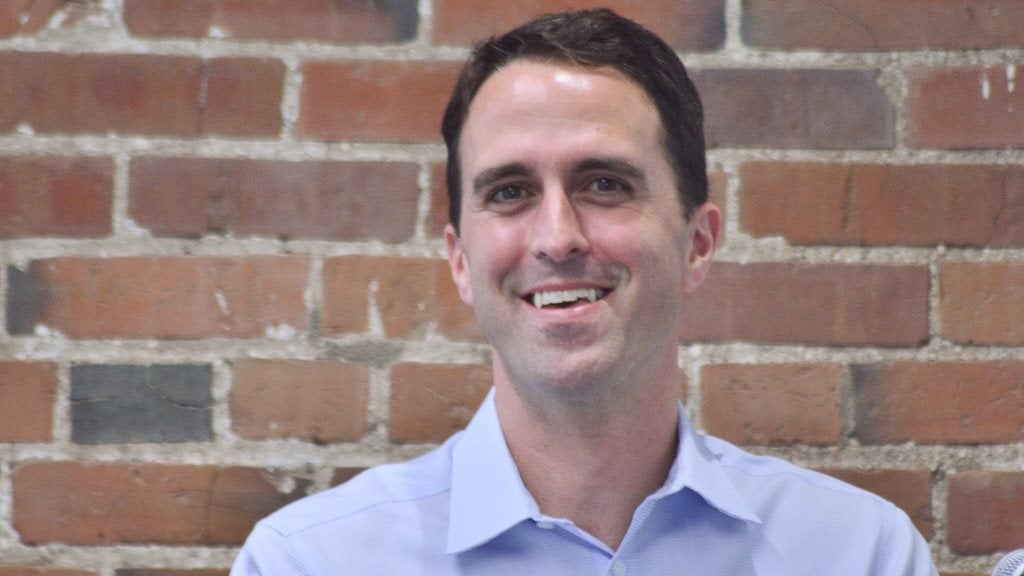Washington County, Wisconsin’s Triumph of Fiscal Independence
Introduction
By Chris Fabian, Senior Director of Product Strategy – Priority Based Budgeting, Tyler Technologies
November 26, 2024
Too often, local governments face what can seem like a no-win proposition: as the costs of providing services increase at a higher rate than the capacity to fund them, they often respond in a way that is grounded in a belief that there are only two potential solutions: Cut Services. Or Raise Taxes.
But in Wisconsin, Washington County’s Parks Department found an alternative solution to this all-too-common funding predicament. The key was to change a fully subsidized operation dependent on the capacity of limited general fund resources, into a self-sustaining entity empowered to chart its own destiny.
The problem that Washington County’s parks confronted was dire. Faced with a budget deficit and the urgent need to reallocate resources to higher-priority programs like public safety, health, and transportation, the county’s parks department was at risk of being cut entirely. They were reliant entirely on money that came from property taxes – and hell hath no fury like that of a resident whose property taxes go up. As a result, the department’s offerings were at risk.
This journey was not just about saving parks; it was about redefining what’s possible for local governments grappling with budget deficits. The county's approach serves as a glimpse of hope and a practical guide for local government leaders everywhere, demonstrating the power of creative partnerships, new revenue models, and alternative service delivery strategies.
The Solution
Washington County’s Parks Department implemented a visionary fiscal sustainability plan that emphasized financial independence through diverse revenue-generating strategies.
Key initiatives included:
- Park Entrance and Usage Fees: Introducing daily and annual park entrance fees, as well as boat launch fees, to generate revenue directly from those who benefit most from the parks.
- Facility and Amenity Rentals: Developing a robust program for cabin and campsite rentals, modernizing existing facilities, and creating new high-demand amenities like glamping sites to attract a broader audience.
- Event Venue Rentals: Renovating underutilized park facilities, including barns and shelters, for weddings, corporate retreats, and community events. This included establishing partnerships with local businesses to host catered events and festivals.
- Enhanced Programming: Expanding recreational offerings with unique programs such as beer gardens, guided nature walks, and partnerships for seasonal activities like ice skating, summer concerts, and outdoor fitness classes.
- Sponsorships and Naming Rights: Collaborating with local businesses to sponsor trails, playgrounds, and event spaces, generating additional funds through naming rights agreements.
- Membership Models: Creating annual membership packages that provide perks like discounted rentals, exclusive early access to event tickets, and free parking.
- Conservation-Focused Initiatives: Implementing programs like adopt-a-trail and community-driven tree planting campaigns that engaged the public while offsetting operational costs.
- Marketing and Outreach: Leveraging social media, community partnerships, and targeted advertising to promote the parks as must-visit destinations for both local residents and tourists.
Today, Washington County’s Parks Department is almost entirely self-sustaining, generating sufficient revenue not only to cover its operational costs but also to fund continuous improvements. This transformation has made the parks more accessible and attractive to the public while freeing up general fund resources for other pressing community needs. It is a resounding success story of fiscal ingenuity and service preservation.
It’s worthwhile acknowledging that taken to an extreme, even a partial reliance on fees can be a regressive form of taxation, sometimes putting the burden on people who are least able to afford to pay to use a public service. But when the alternative is to lose the service entirely, the trade-off is well worth considering.
A New Way of Thinking
Washington County’s success is more than a parks department story. At its core, the county's approach offers an inspiring alternative to service cuts by demonstrating that:
- Creative and Entrepreneurial Thinking Can Avoid Service Elimination: By reimagining service delivery and adopting entrepreneurial funding models, governments can maintain and even enhance public services that might otherwise face the chopping block.
- Taxpayer Benefits: Reducing reliance on general fund subsidies not only alleviates fiscal pressures but also ensures that taxpayer dollars are redirected to critical areas like public safety, infrastructure, and healthcare.
- Scalability Beyond Parks: The principles Washington County employed—innovative partnerships, self-sustaining operations, and diversified revenue streams—are scalable across various departments. From libraries to public transit, governments can leverage similar strategies to transform other services.
Washington County's achievements resonate with other communities. For example, Collier County, Florida, has adopted Priority Based Budgeting (PBB) to explore alternative service delivery models, creative funding models and new revenue streams. By presenting tailored, program-specific ROI reports to their board, Collier County has identified over $40 million in potential savings and new revenue. These results underline the transformative power of entrepreneurial budgeting.
Washington County’s Parks Department has redefined what’s possible for local government leaders facing fiscal challenges. Their story demonstrates that with creativity, partnerships, and a willingness to innovate, governments can move beyond the binary choice of cutting services or raising taxes. Instead, they can achieve fiscal sustainability while preserving and enhancing the services their communities value most.
The contents of this blog post reflect the author’s views, and not necessarily those of the GFRC.
About the Author

Chris Fabian is a pioneer in the field of Priority Based Budgeting (PBB), a novel approach to resource optimization that empowers local governments to allocate resources more effectively, aligning spending with community priorities and achieving greater impact. Today, Chris leads Tyler Technologies’ Priority Based Budgeting initiative, where he continues to innovate and expand the adoption of PBB, particularly with machine learning and Ai. His mission is to make PBB mainstream by integrating advanced tools and data-driven insights, helping governments optimize resources, embrace transparency, and deliver results for their communities.